When I walked into the theatres to see Hadestown, I knew almost nothing about it. Two hours later, I left feeling both enchanted and confused, in the best way. This isn’t your average musical. It’s moody, metaphorical, and laced with meaning I couldn’t stop thinking about. So I did what any woman with a Wi-Fi connection and questions would do: I unpacked it.
Pin it Now!
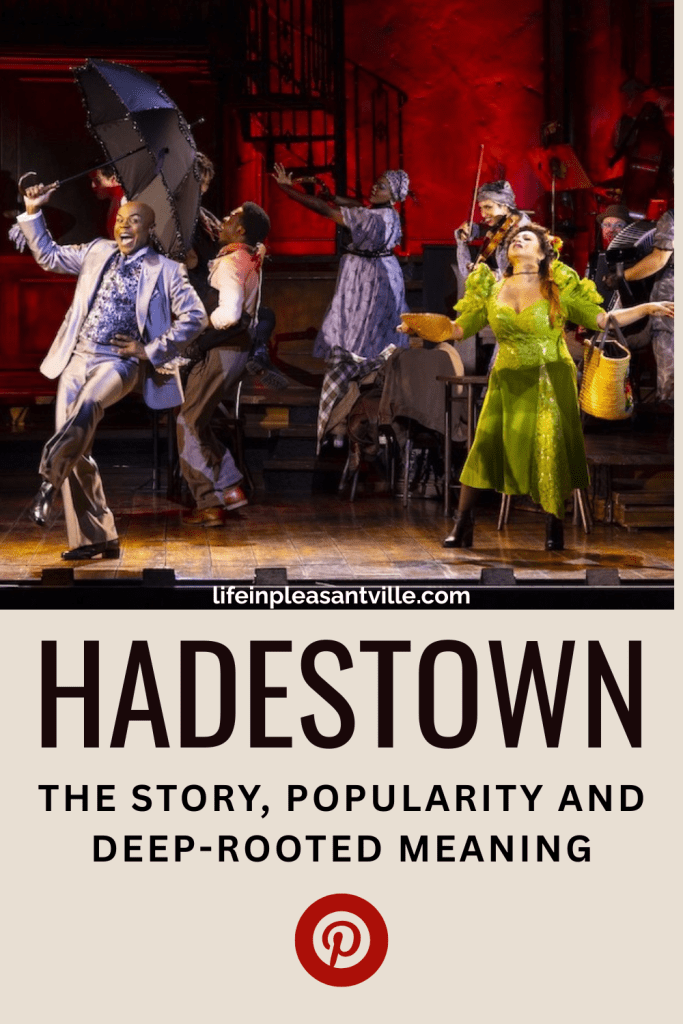
So, let’s talk about what Hadestown is actually about—its plot, deeper themes, and the real reason it hits so hard.
What is the story of Hadestown?
At its core, Hadestown is a retelling of the age-old Greek myth of Orpheus and Eurydice. But to label it just that would be an injustice. The narrative, while rooted in mythology, felt eerily reminiscent of our world today.
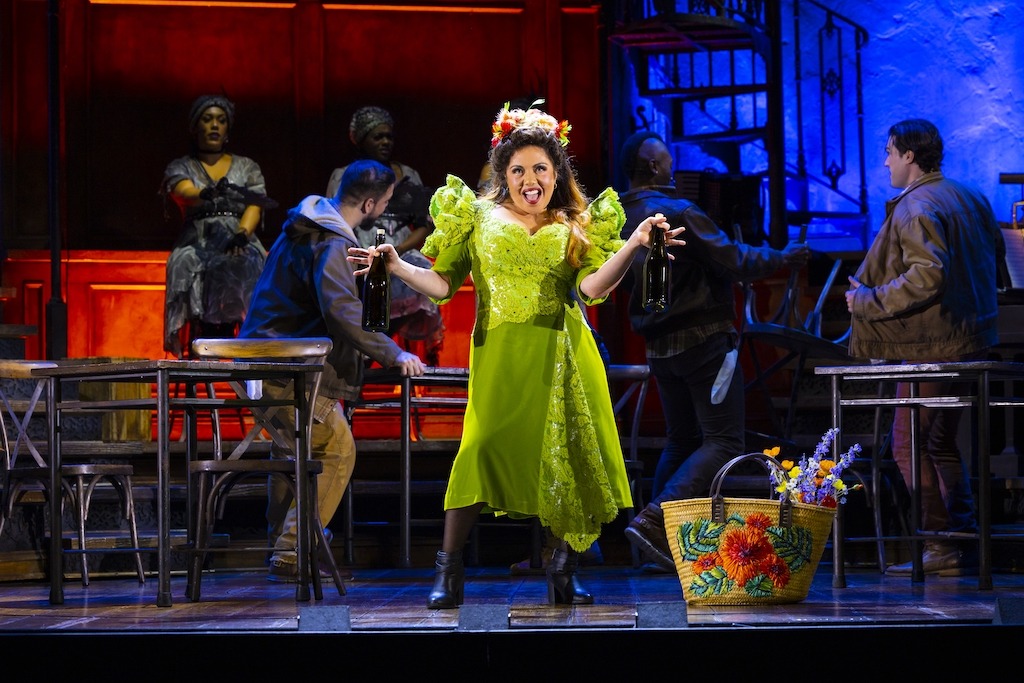
Themes of climate change and capitalism echoed in lines like, “Lover, you were gone so long… So I built a foundry… With the fossils of the dead.” And it was hard not to draw parallels with our own societal struggles when Hades, with his dictatorial vibes, sings of building walls, a not-so-subtle nod to a certain orange-hued leader of the past.
Why Hadestown Resonates So Deeply
I suspect part of the reason Hadestown has endured and captivated audiences around the world, is that depending on the person watching it, the message delivered will be different. For me, the dynamics between Hades and Persephone tugged at my heartstrings. Their relationship, once filled with passion and love, now seemed to be a mere shadow of its former self, highlighting the complexities of relationships and the bitterness that can seep into unions that once thrived on love.
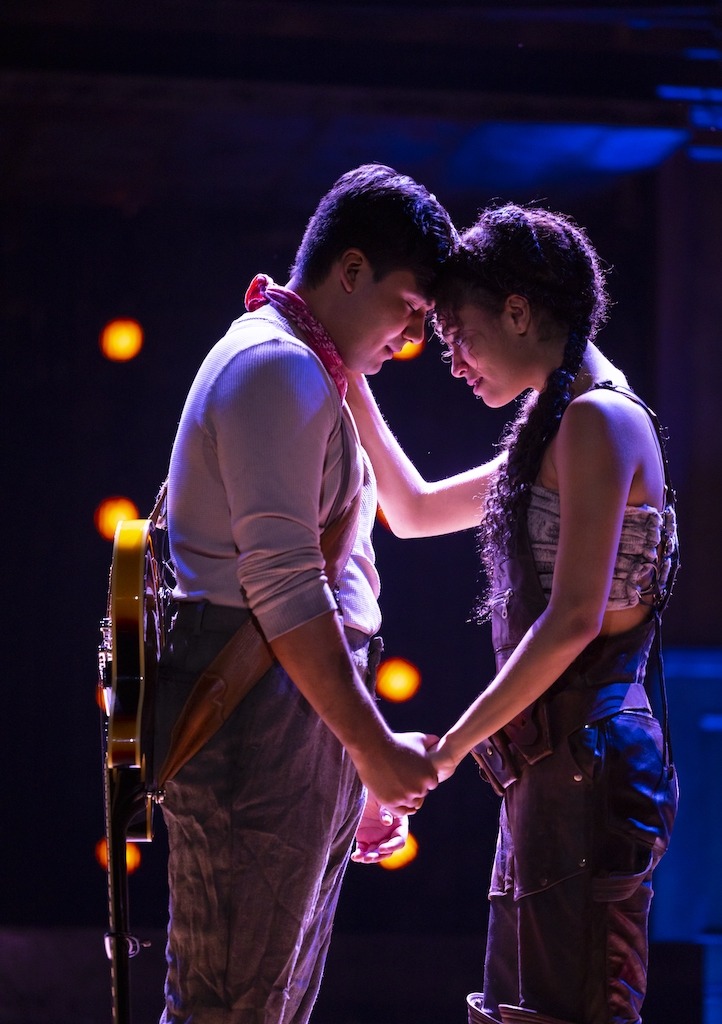
Then there’s Orpheus and Eurydice, the star-crossed lovers. Their tale, while tragic, is a testament to the power of love and the lengths one would go to for it. Yet, it also embodies the insecurities that even the most passionate love stories aren’t immune to. Their journey, filled with hope, despair, and longing, is one that resonates with many, reminding us of the fragility of love and the external forces that often test it. And damn you Orpheus, why did you have to look back?
A Story That Feels Uncomfortably Familiar Today
But what struck me the most was the universality of its message. The tale, though ancient, felt so… now. It’s a testament to the fact that while times change, the essence of humanity, our fears, desires, and battles, remain constant. Hadestown serves as a mirror. It reflects our world, our struggles, our joys, and our fears. It’s a reminder of the cyclical nature of life, of history repeating itself, of the age-old battles that continue to rage on.
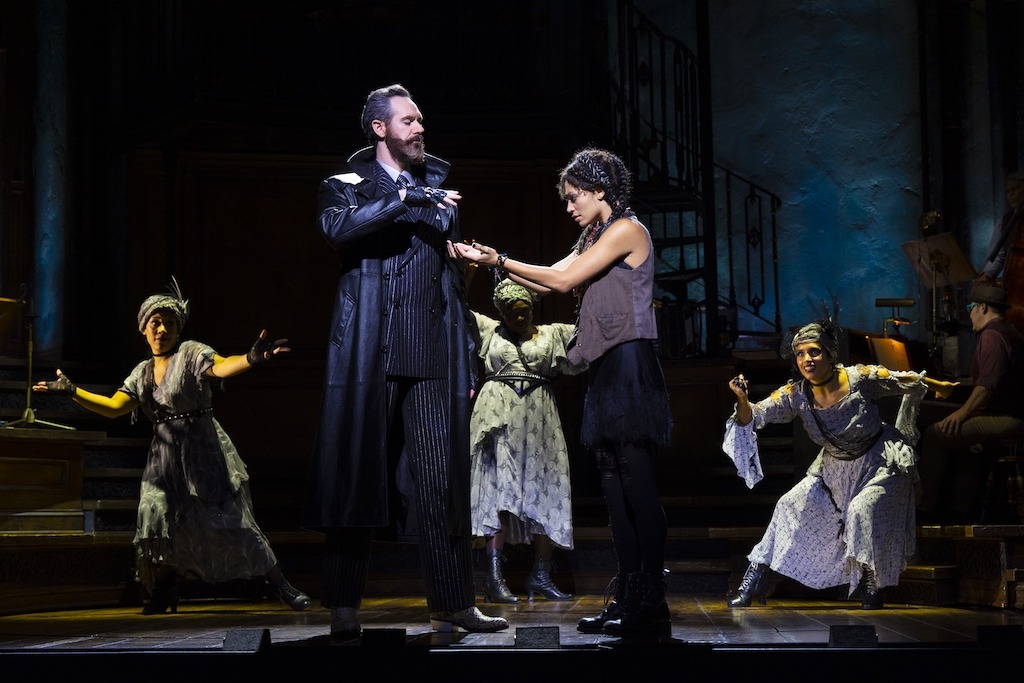
Of course, the musical score of Hadestown deserves a special mention. A harmonious blend of rhythm and blues, it’s nothing short of intoxicating. The melodies sway you, move you, and before you know it, you’re lost in its rhythm, much like Orpheus’ enchanting lyre.
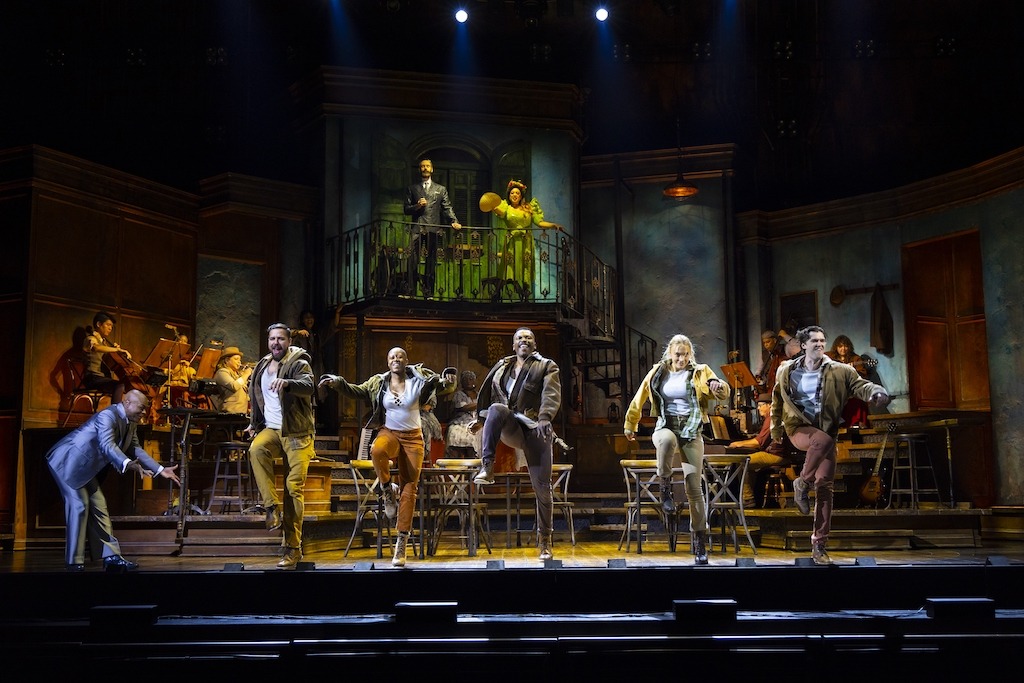
In conclusion, Hadestown is not just a musical; it’s an experience, a journey that compels introspection. It’s a masterful blend of storytelling, music, and performance that leaves an indelible mark on the soul. Look for Hadetown playing in your city or get yourself to Broadway because this is one show you wouldn’t want to miss. Trust me, you’ll be thinking about it long after the final bow, and perhaps, like me, you’ll find yourself delving into the rich tapestry of Greek myths, seeking answers, seeking reflections.
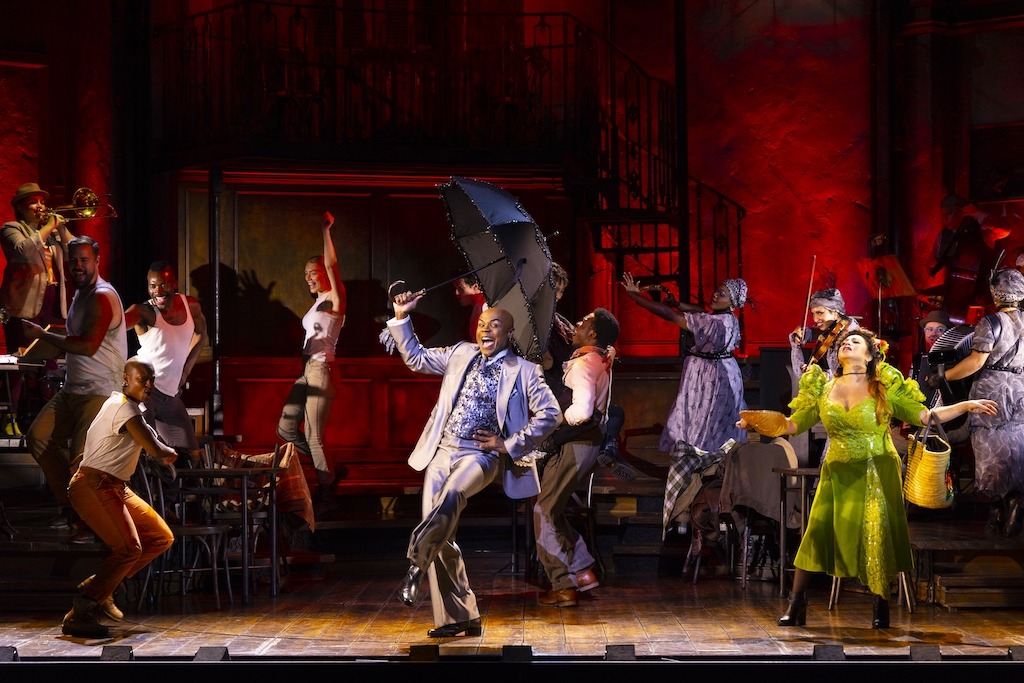
Common Questions About Hadestown
Hadestown retells the Greek myth of Orpheus and Eurydice, but with a dark, bluesy twist. Orpheus is a dreamer and musician who believes his song can change the world. Eurydice is a realist, worn down by poverty and hardship. When she descends into Hadestown—a dystopian underworld run by a tyrant named Hades—Orpheus sets out to rescue her. But the myth’s infamous catch remains: he must lead her out without looking back.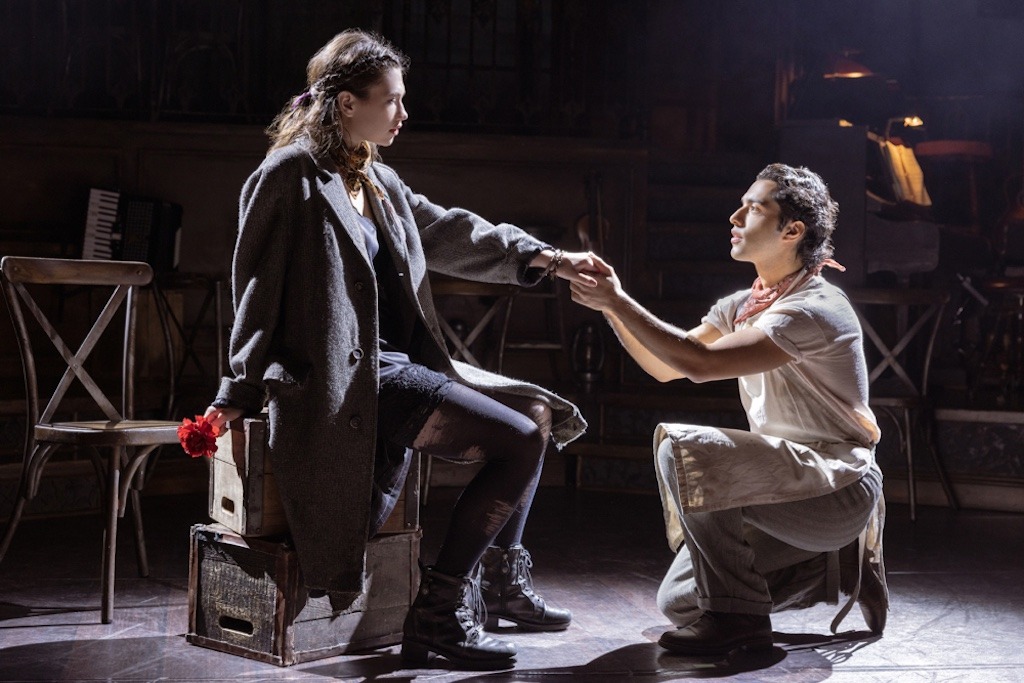
Hadestown explores the cost of hope, the danger of doubt, and the power of storytelling. It’s about love and loss, yes—but also about the systems that trap us: capitalism, climate crisis, authoritarianism. The musical asks what it means to keep telling the same story, even when the ending doesn’t change. In a world that feels broken, it argues that retelling the story is resistance.
It’s not just the music (which slaps) or the visuals (which are stunning)—Hadestown connects because it feels current. It blends timeless mythology with modern anxieties. Whether you’re mourning lost love, feeling hopeless about the future, or trying to make sense of late-stage capitalism, there’s something in Hadestown that hits home.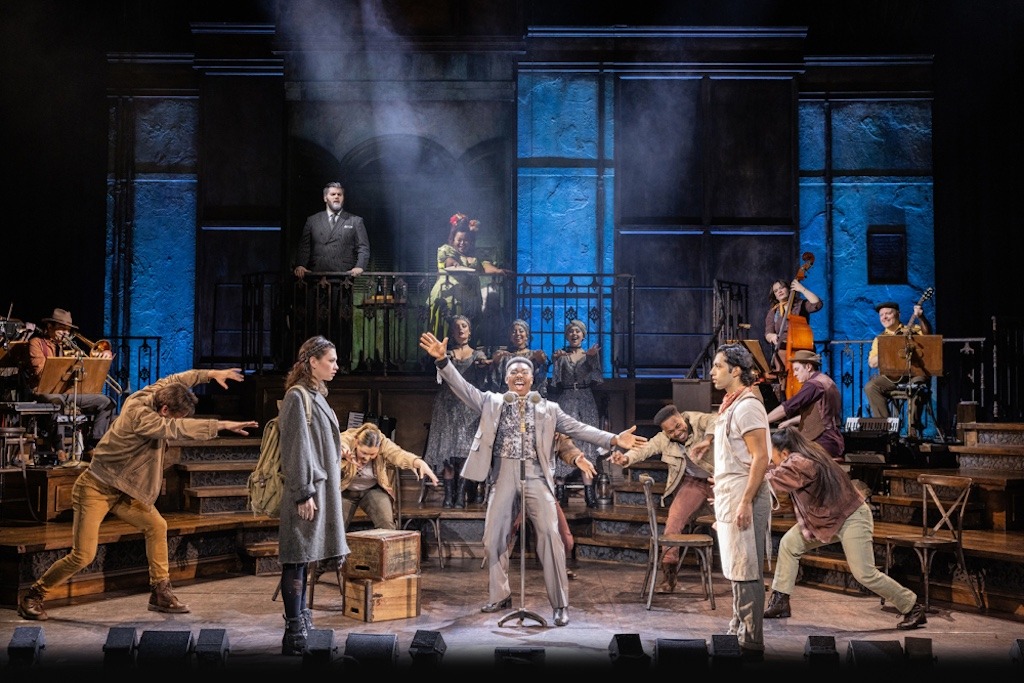
The tragedy is twofold: Eurydice’s descent into Hadestown out of desperation, and Orpheus’ failure to trust that love is enough. His one moment of doubt costs them everything. But it’s not hopeless—the show ends by reminding us that telling the story again, and again, and again is its own kind of defiance.
Absolutely. Hades runs a factory where workers toil endlessly behind a wall meant to “keep out the enemy.” The enemy, as Persephone bitterly points out, is already inside. Eurydice’s poverty forces her into Hadestown, echoing how vulnerable people are often exploited by those in power. It’s no coincidence that Hades sings about fossil fuels and building an empire.
The red rose is a recurring image tied to love, longing, and memory. It’s often associated with Persephone, the goddess of spring, and serves as a visual reminder that even in the depths of Hadestown, something alive and beautiful still exists. The rose represents fragility and resilience—just like love.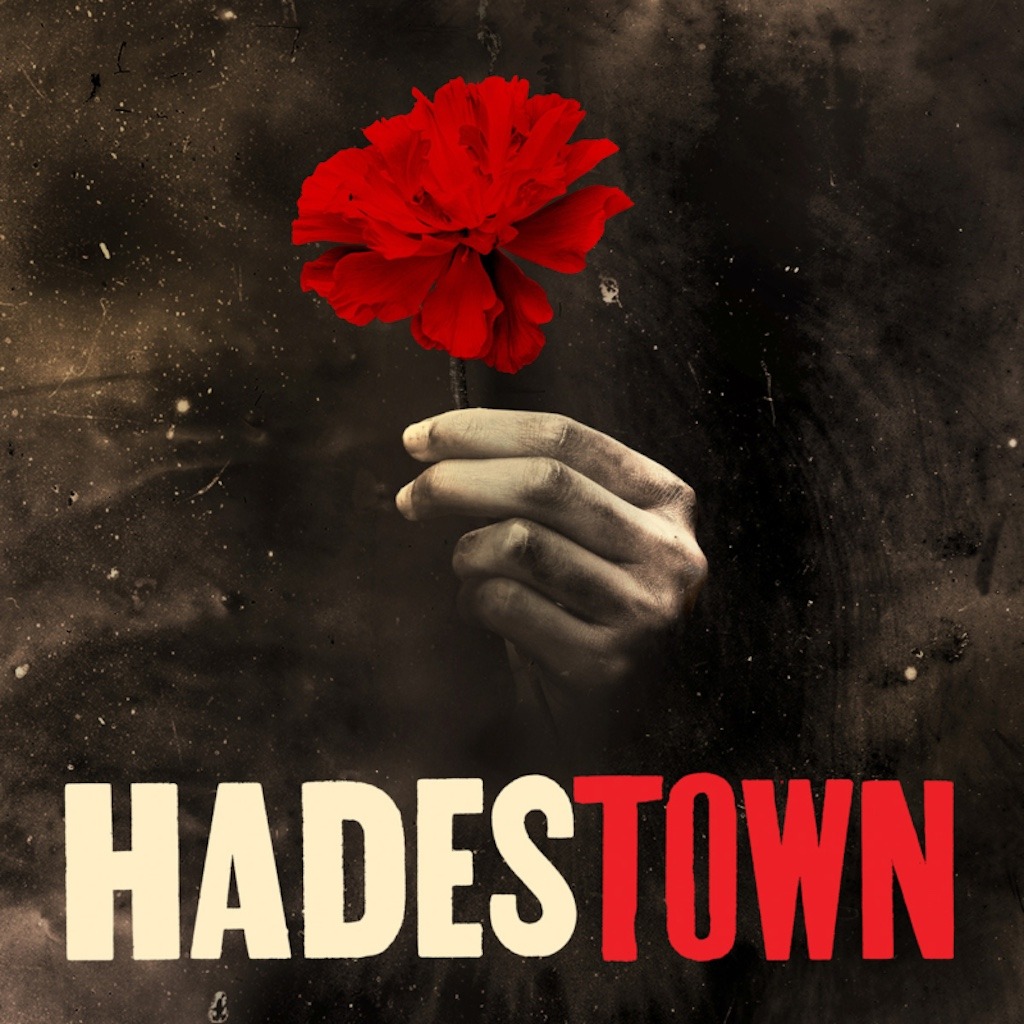
Love Musicals That Break the Mold?
If Hadestown hit you in the feels, wait until you meet the queens. Six the Musical is another genre-breaking show that’s rewriting the rules, and history.
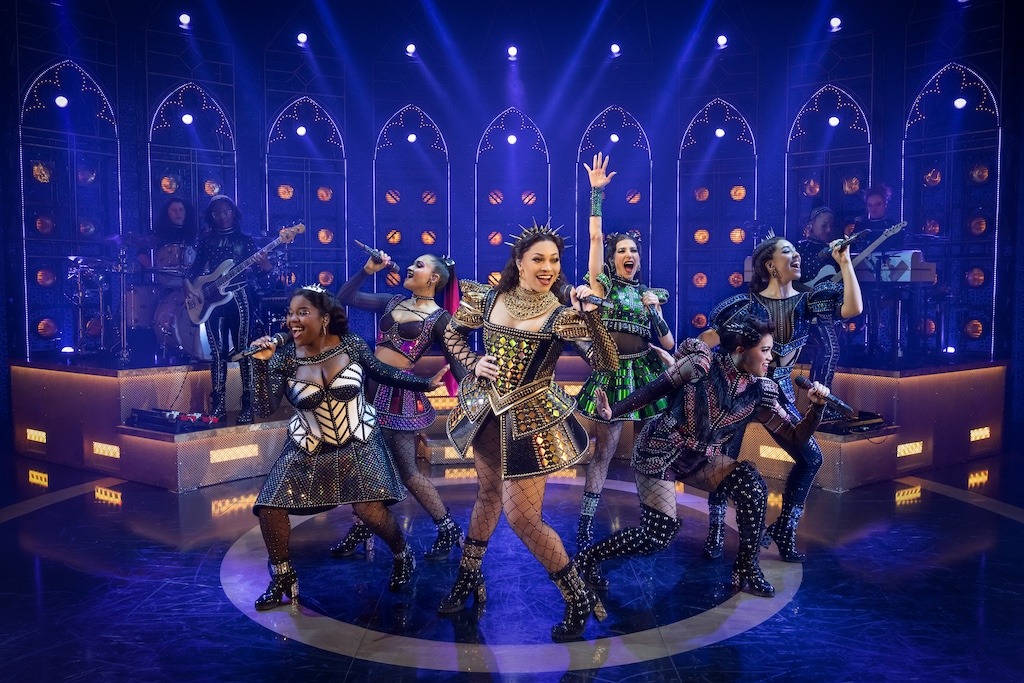
Disclosure: Thank you to Broadway Across Canada for inviting me to come review their show. All thoughts and opinions expressed are mine. Images provided by Broadway Across Canada
Post updated November 2025
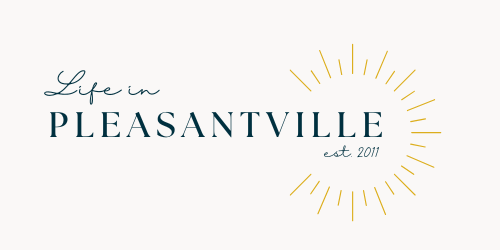
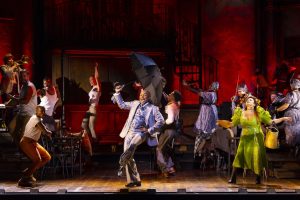
 The Mrs. Roper Comeback Is Everything—Kaftans, Cocktails & All
The Mrs. Roper Comeback Is Everything—Kaftans, Cocktails & All